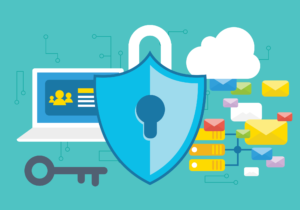HR Data Security: Safeguarding Sensitive Employee Information
HR data security breaches are bad news for your business in countless ways. Bad PR for your company, big problems for your employees, compliance fines and lawsuits. But HR data security is not just a matter of protecting your company from liability and bad publicity. It’s about doing right by your employees, protecting their personal […]
Read ArticleMaking Netchex Safe & Secure: What Does it Mean to be Cyber Ready?
A vendor that does not practice cyber readiness can directly impact your ability to conduct business and put your employees and customers at risk. Therefore, it is crucial to have a Benefits, HR, and Payroll partner you can trust. Netchex is here to help by ensuring the data you entrust us with is safe and […]
Read ArticleSafe and Secure: How to Find a Trustworthy HR & Payroll Company
Because of past scandals, such as with IOIPay and MyPayrollHR, it is understandable that many businesses are nervous about allowing a third-party to handle your payroll and other HR processes. With a few simple steps, you can perform your own due diligence to determine whether they are a reliable company and up to the task […]
Read ArticleProtect Your Company: Beware of Payroll Phishing Scams
While many tech companies employ safeguards around clients’ data, protecting this data is a shared responsibility. Reviewing and sharing resources (such as this article) with your organization are great ways to help ensure you are doing everything you can to protect your data. Working together to protect data is the only way to truly keep […]
Read Article



